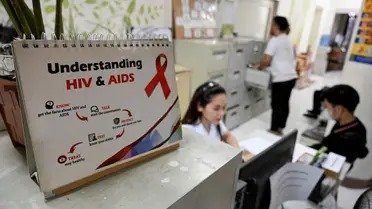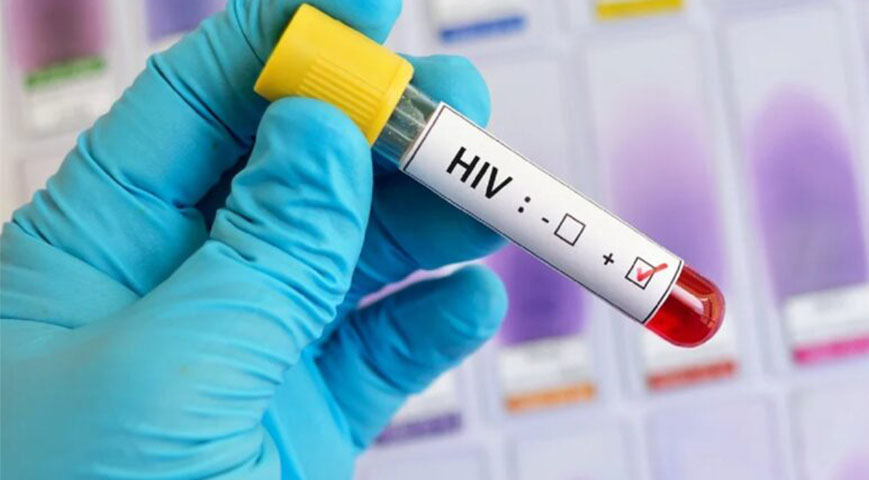A groundbreaking HIV drug, Lenacapavir, developed by Gilead, could revolutionize HIV prevention and treatment.
Currently priced at over $40,000 annually per patient in countries like the US, France, Norway, and Australia, research suggests the cost could plummet to just $40 with generic production.
Lenacapavir, an antiretroviral drug, has shown 100% effectiveness in early trials for preventing HIV infection. Its twice-yearly injection schedule offers a significant advantage over daily pill regimens, simplifying administration and improving compliance.
Did you read this?
Andrew Hill, a researcher from the UK's Liverpool University, likened the drug to a vaccine, emphasizing its potential to curb HIV transmission, especially among high-risk groups such as gay and bisexual men, sex workers, prisoners, and young women in Africa.
Hill presented these findings at the International AIDS Conference in Munich, highlighting the drug's transformative potential.
The new research, which has not yet been peer-reviewed, analyzed raw material shipments and consulted generic manufacturers in China and India.

This approach has previously proven accurate; a decade ago, the same research team correctly estimated that Gilead’s hepatitis C drug could drop from $84,000 to under $40 with generic production.
UNAIDS chief Winnie Byanyima has urged Gilead to license Lenacapavir through the UN-backed Medicines Patent Pool, allowing low- and middle-income countries access to affordable generics. Byanyima stated that Gilead has a unique opportunity to make history by making this life-saving drug widely accessible.
Gilead is reportedly discussing with governments and organizations to achieve its access goals. However, it has not disclosed pricing plans for developing countries or specified which nations might receive generic versions.
Reducing Lenacapavir’s cost could be a monumental step towards controlling the HIV epidemic, which currently sees 1.3 million new infections annually and affects 39 million people globally. This drug's potential affordability and effectiveness could mark a turning point in the global fight against HIV.









